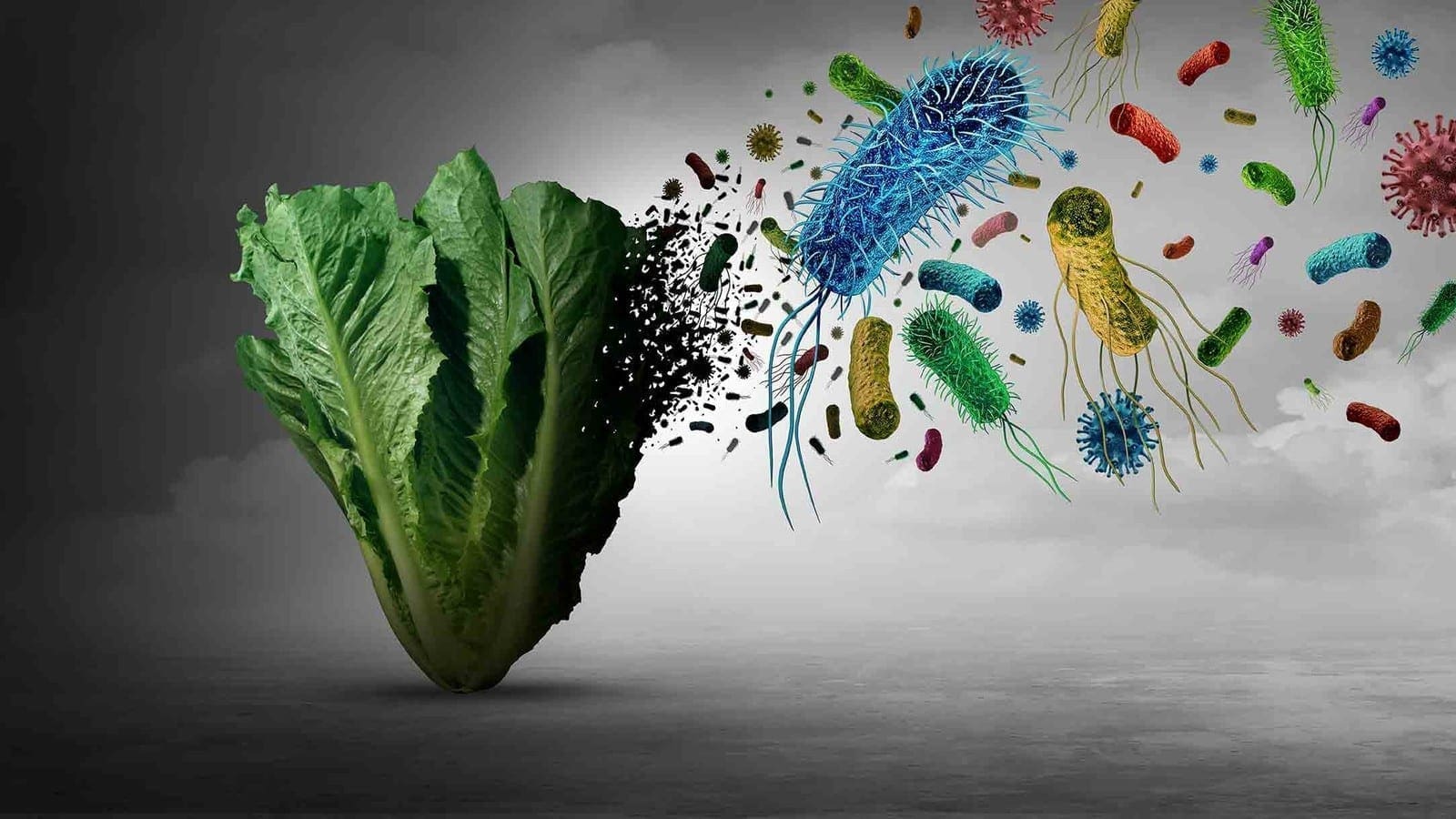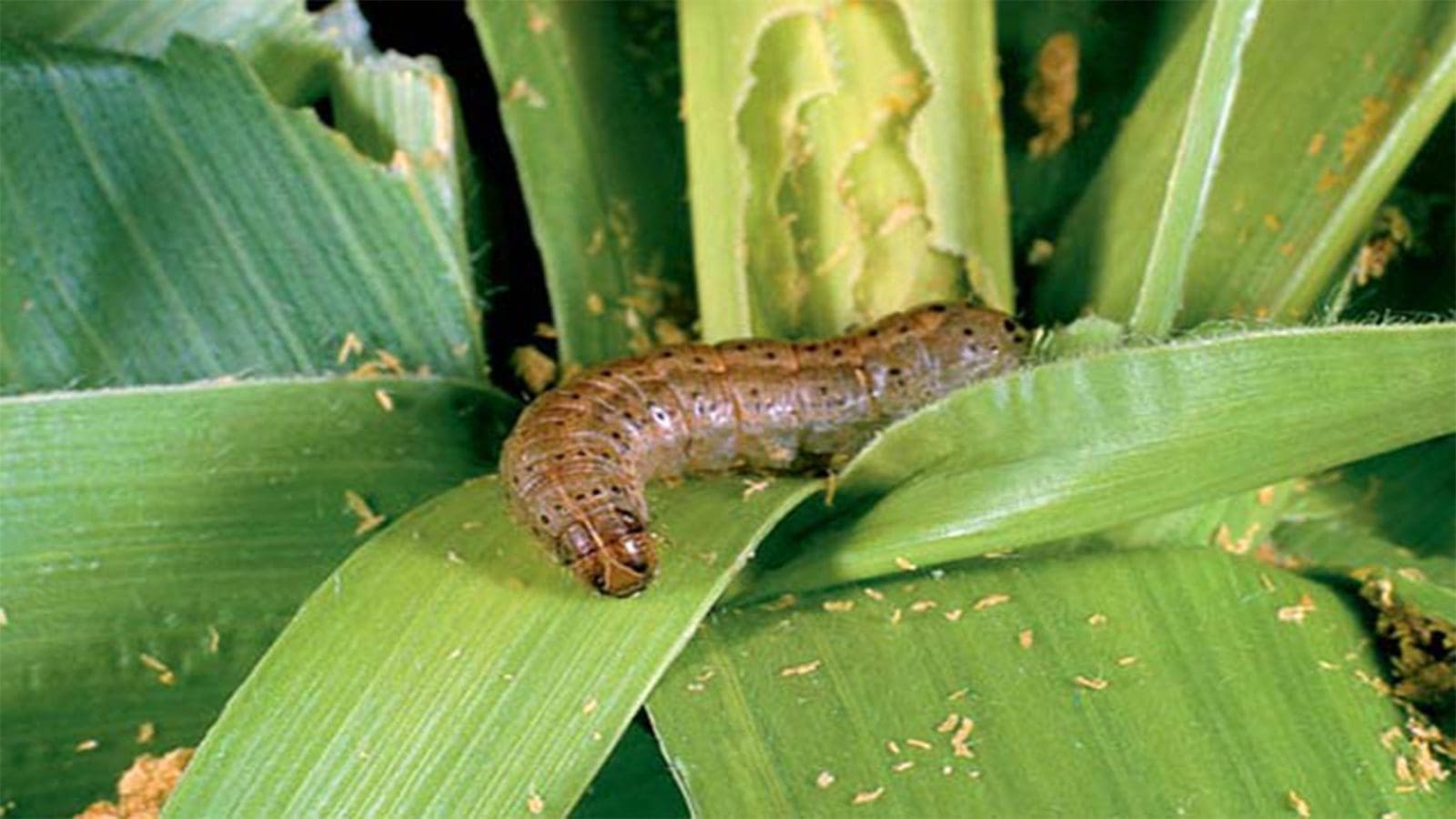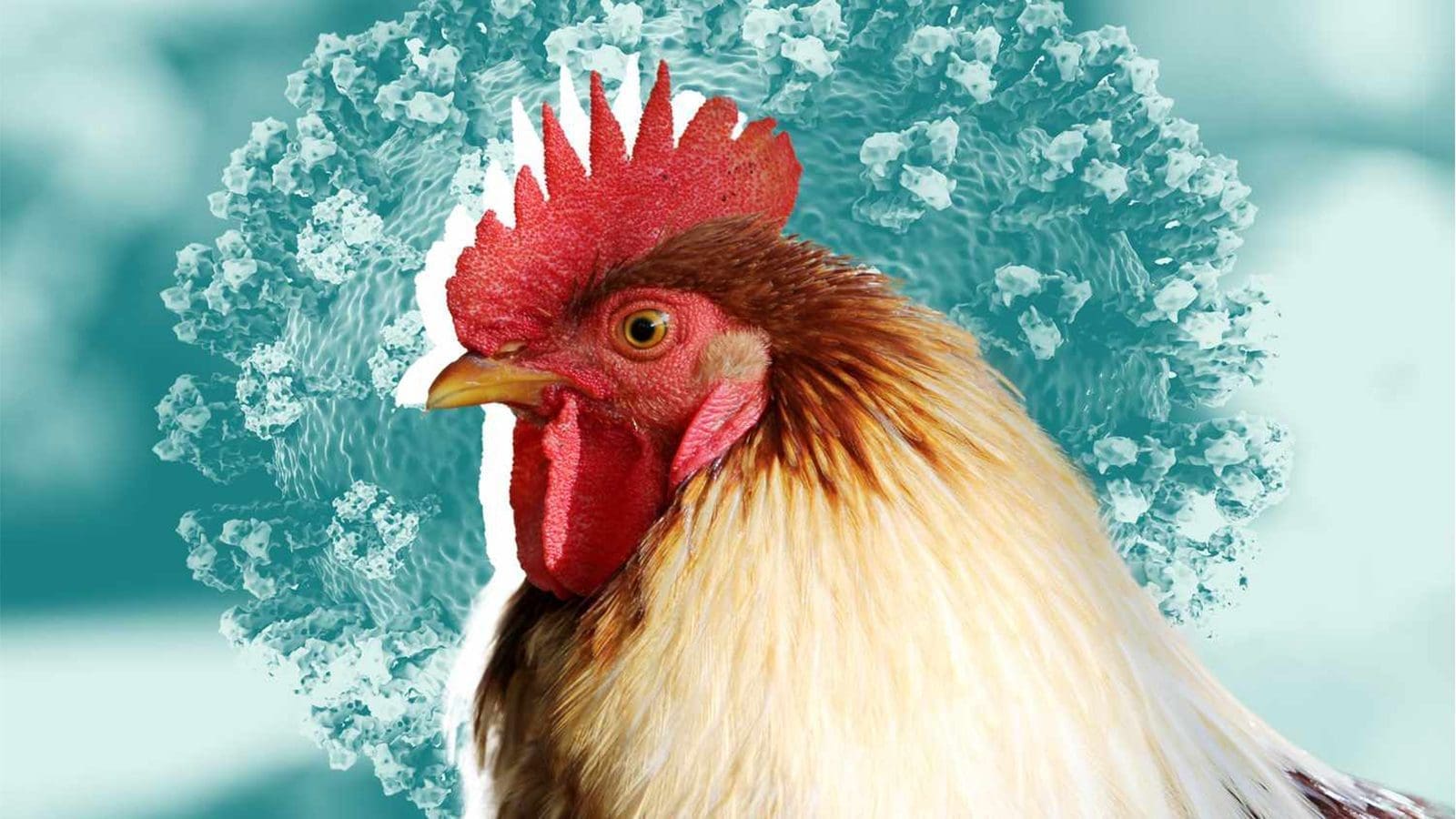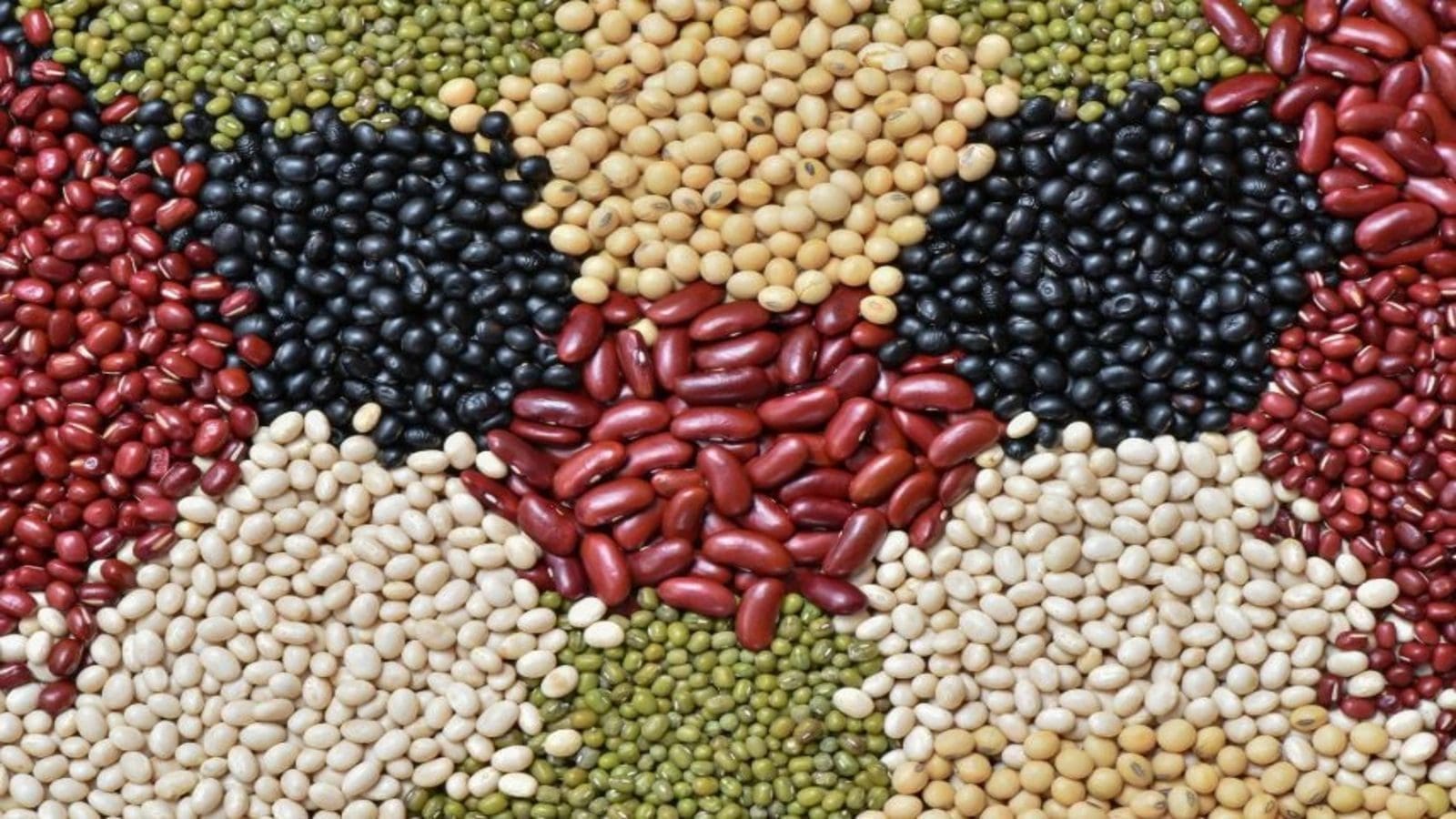WORLD- Food and Agriculture Organization (FAO) and World Health Organization (WHO) came together to commemorate the world food safety day and advocated for need of sustainable food systems and actions, aimed to address food safety issues in the human-animal -environment interface to assure “safe food now for a healthy tomorrow”.
Every year in Europe and Central Asia, more than 23 million people fall sick from food borne illness, with the poor and young mostly impacted.
Such illness is responsible for 5,000 preventable deaths annually, according to WHO statistics published in 2015.
Vladimir Rakhmanin, FAO assistant director general and regional representative for Europe and Central Asia, declared that access to safe and nutritious foods in sufficient quantities to lead active healthy lives, is a basic human right and is central to FAO’s commandate of ending hunger and achieving food security for all.
This is in line with the United Nations General Assembly resolution of the year 2018 which is very explicit in emphasizing that ‘there is no food security without food safety. ‘
Food safety goes beyond food security. It saves lives, enhances livelihoods and helps to protect the planet.
“Addressing food safety and managing risks calls for a systematic approach and a collaboration across sectors. We need to acknowledge that food safety is an integral part of sustainable food systems that deliver food security and nutrition,”
Hans Kluge, WHO Europe regional director
In the Pan-European region, food exports increased by 25% from 2010-2019. This increased complexity heightens risks of unsafe foods spreading across borders and affects the way food safety risks are managed.
Delia Grace, a professor of food safety systems at the University of Greenwich, said at one time food safety was not a priority to low- and middle-income countries.
She added that it was considered something like a toenail illness.
“The 2015 WHO report found the health burden of food safety was equivalent to that of HIV, tuberculosis or AIDS so that made food safety come to the top of the list that people in developing countries were worried about. It’s always been a priority in high income countries partly because we’ve more or less got rid of most infectious diseases,” she said.
Impact of Covid on food safety
COVID-19 has imposed additional challenges for producers and food safety authorities and these include the need for implementation of measures to control and reduce the risk of transmission in food businesses and the need for alternative control when business as usual is affected by lockdowns and public health measures.
Food safety expert Leon Gorris presented a study commissioned by WHO and FAO to look at whether COVID-19 has changed how food safety risks are managed in Europe and Central Asia.
The research involved 22 countries, 18 authorities, 13 private sector firms and six consumer groups on the impact of COVID-19 on food safety and food fraud.
Of the 18 authorities many of them were impacted in terms of resources and how they could run their processes for food safety.
Quite a few authorities had inadequate staff to ensure food safety. They responded to the challenge by focusing on essential operations for food safety, on high risk businesses, typically dealing with food of animal origin.
Since people could not access the operation premises to perform control measures, they had to use new virtual platforms to interact with food businesses.
Way Forward
Sustainable food systems are supported by the one health approach and the need to work with all stakeholders across sectors and borders.
To that end WHO, FAO and World Organisation for Animal Health, formerly the Office International des Epizooties (OIE) recently launched the one health co-ordination mechanism in the European and Central Asia region to provide leadership, convene stakeholders and co-ordinate action.
The goal of the initiative is to attain better use of available resources, more synergy and less duplication of efforts in the fight against health threats in the animal, human and environmental interface where food safety is absolutely vital.
“Addressing food safety and managing risks calls for a systematic approach and a collaboration across sectors. We need to acknowledge that food safety is an integral part of sustainable food systems that deliver food security and nutrition,”said Hans Kluge, WHO Europe regional director.
In line with sustainable development goals and WHO’s European Program of Work (EPW), WHO Europe strive to support its 53 member states to strengthen food safety and one health approach to address health threats originating in the animal, human, environmental interface and to promote safe food for all.
World food safety day should inspire action at all levels to prevent, detect and manage food safety risks in the region.








